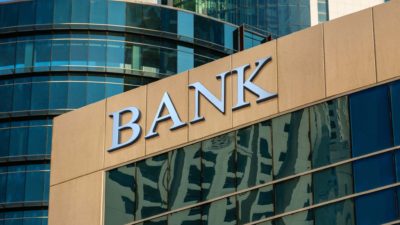Is the Commonwealth Bank of Australia (ASX: CBA) share price a buy?
Investors are often drawn to things that they can feel a tangible connection to. It's one of the main reasons why investment properties are so compelling.
But you can go to a CBA branch too if you want, touch the walls, annoy the branch staff. 'Blue chips' are seen as the safest place to put your investment money, and they don't come bigger than CBA with a market capitalisation getting close to $150 billion.
The biggest Australian bank has been a strong performing Australian business for shareholders for three decades as it benefited from Australia's continuing economic strength and the Australian love for property.
In FY19 it made a profit of around $8.5 billion, which is more than most ASX businesses are worth. There's a lot of safety in a number that big. It would take plenty of economic pain in Australia just for CBA to report a net profit of $0. So in terms of safety, yes, it's quite unlikely that CBA would go bust, particularly as it has been strengthening its balance sheet – the CET1 ratio grew to 10.7% at the end of FY19.
But that large profit also puts a very big target on the big ASX bank's back. I'm not thinking of the current large banks that already exist like Westpac Banking Corp (ASX: WBC), Australia and New Zealand Banking Group (ASX: ANZ), National Australia Bank Ltd (ASX: NAB), Bendigo and Adelaide Bank Ltd (ASX: BEN) and Bank of Queensland Limited (ASX: BOQ). There are a number of other newer players like PayPal, Afterpay Touch Group Ltd (ASX: APT), Zip Co Ltd (ASX: Z1P), the big tech companies, new neobanks and others that want to take away CBA's earnings. Credit cards, personal loans and transaction fees are important for CBA.
Even if those new challengers are successful it will still take a long time to play out. But I just can't see how CBA can grow in the future as well as it has in the past.
Foolish takeaway
Unless you're a retiree looking for 'safe' income, I just don't think CBA is the right share to deliver growth or good compounding returns. It's looking pretty expensive for a bank at almost 17x FY20's estimated earnings.







